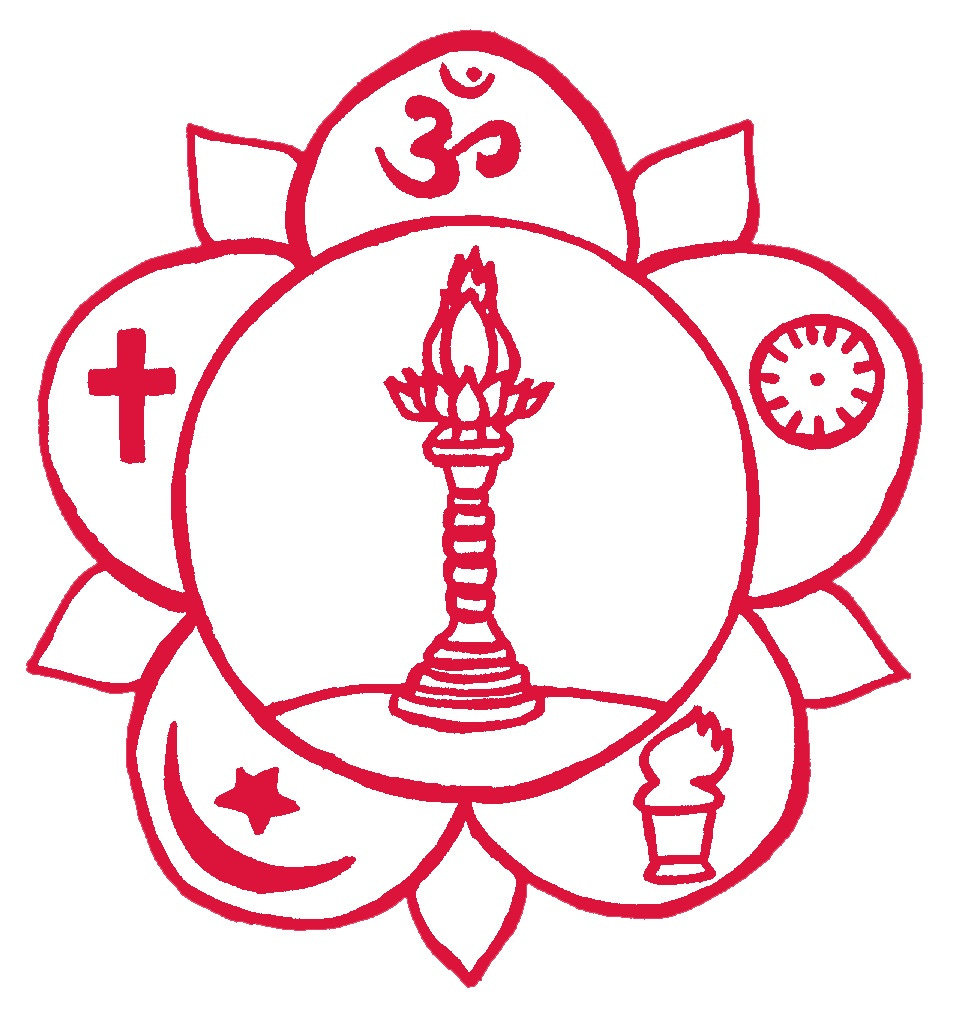Think CalTech
Forget Harvard
Listen and listen — but never understand.
Look and look — but never see.
Isaiah 6:9, Moffatt Trans.
Andrei Martyanov remarks often the utter irrationality of humanities majors reporting and discoursing on military affairs. Equally utterly irrational is humanities majors reporting or discoursing on theological affairs.
In fact, humanities majors discoursing on anything is dangerous for themselves, their families and communities, and for their nation. And they don't see it. They don't even look for it. Here's why that’s dangerous:
The humanities as an array of academic subjects date from classical Greek, Roman, Arabic, Jewish, German, and Italian pedagogical practice. The goal was to recognize the factor of transcendence (God, Gods) but keep it at a distance, separate from factors of immanence (Nature, The World).1 In Middle and Late Medieval European practice this procedure became known as Humanism. Its antonym, both academically and existentially, was and remains Theology.
Russian and Eurasian civilization developed without separating factors of transcendence from factors of immanence. In The Great Schism of 1054, the refusal of Eastern (Greek, later Greek-Russian) Christians to separate phenomena of transcendence from phenomena of immanence, that is, to follow their Western (Jewish, Latin, Germanic) brothers in that direction civilizationally, and their brothers' insistence that they do, may be taken as a prime mover of that ecclesial catastrophe. The deepest fault there was on the Jewish, Latin, Germanic side — insisting on a change (Filioque) in an ecumenical document (Nicene Creed) without an ecumenical conference to authorize it — although the mutual excommunication by the Bishops of Rome and Constantinople put both at fault superficially.
Humanists feel that they cannot abide a confluence of transcendence and immanence. It's visceral. The immanent as transcendent and the transcendent as immanent appear to them as risible, naive, even on occasion chargeable. Infinitude cannot take on finitude, and finitude cannot claim infinitude.2 The basic and inescapable paradox (the word means unexpected, not untrue) inside Christianity and its theological expressions Humanists classical and modern find odious on its face and sickening in its depths. Humanists are Atheists behind a different door and name plate. Atheists are persons who lack self-confidence. Animals are not Atheists, but humans can be. There's a paradox.
Spouting about theological affairs while refusing contact with humility, paradox, and theological doctrine is no less reprehensible than spouting about military affairs while refusing contact with mathematics, engineering, and military doctrine. It may be compared to the difference between masturbating with an inflatable dummy or a mechanical vibrator and making love with a woman or a man. Humanists settle for the dummy or vibrator. They are fruitless in consequence. They lack self-confidence. Humans settle for the experience of essential paradox with a real other. Humans have courage to be.
24 February 2022 is a day the world got a taste of what is possible when immanent transcendence and transcendent immanence are accepted as eternally conjoined and, for that reason, just as eternally capable and fecund. The taste is sweet, savory, and satisfying, in fact. Attractive, Zakharova, Lavrov, Patrushev, and Putin put it. Events prove them right on that.
On that day, 24 February 2022, China renounced her hegemonic ambitions, Jews (Neocons) and Judaized Christians (Evangelicals, Jesuits) were sentenced to the hell of confusion, and The Davoisie lost their lunch.
In other words, disconnect unity from diversity, the one from the many, the heart from reality.
In classical geometry, the circle cannot be squared, and the square cannot be circled.



